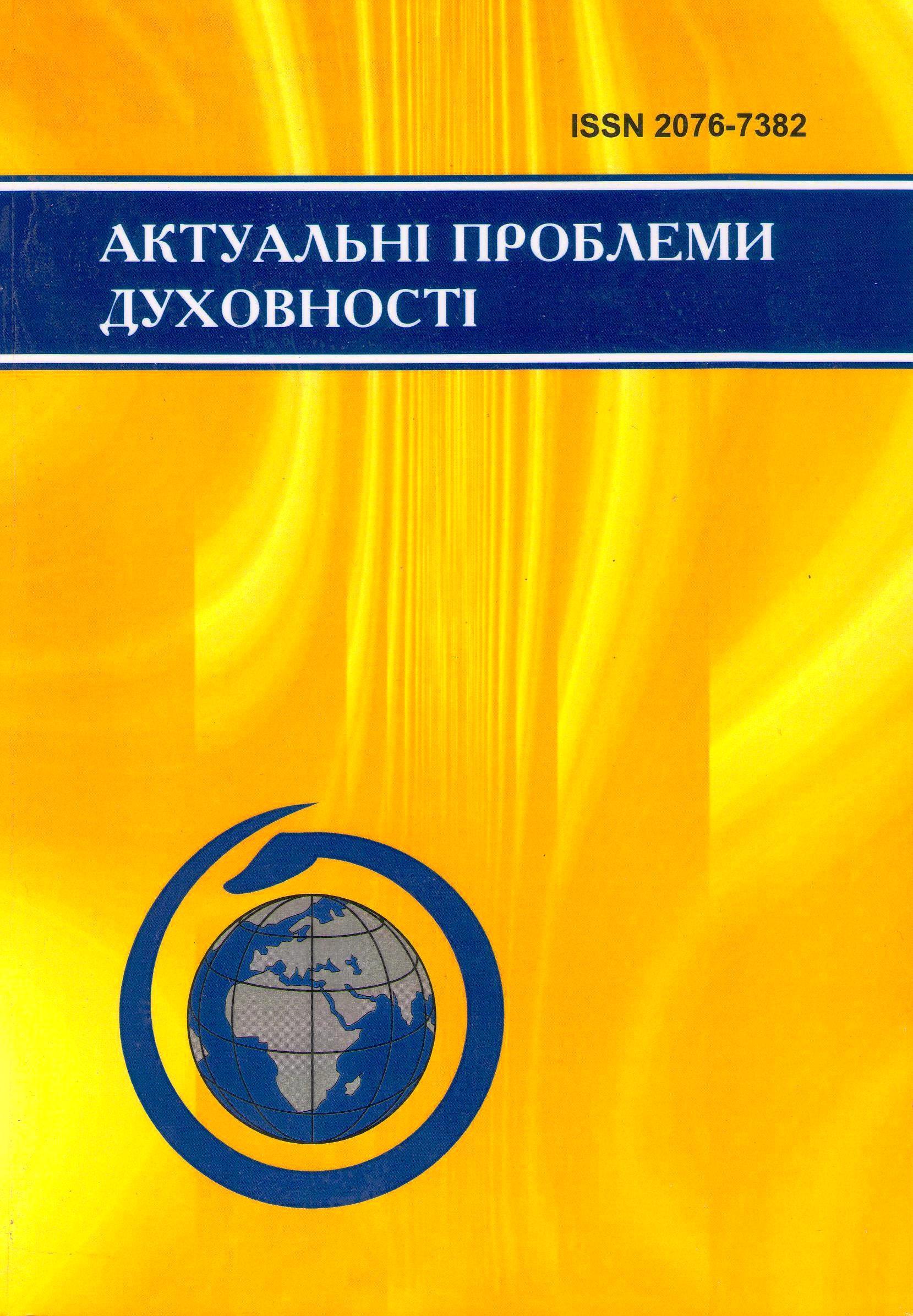Атланти й каріатиди: гуманітарні науки в зиндані сучасного університету
DOI:
https://doi.org/10.31812/apd.v0i22.4529Ключові слова:
Крипто-індустріальна революція, гуманітарні науки, гуманітарні потреби, криза гуманітарних наук, ідеальні благаАнотація
Робота присвячена аналiзу сучасного стану гуманiтарних дисциплiн в унiверситетi. У мiру наближення до суспiльства всезагальної цифровiзацiї потреба в гуманiтарних науках зводиться нанiвець, конкуренцiя за робочi мiсця iнтенсифiкується та запити в цих науках замiнюються iншими — потребами у вивченнi технологiй, бiзнесу i комп’ютерних наук. Сучаснi унiверситети розглядають гуманiтарнi дисциплiни як додаткове навантаження для студентiв, якого краще уникати. Це має певнi наслiдки i для структури сучасного унiверситету, де ефективнi менеджери витiснили не надто ефективних професорiв. Гуманiтарнi науки закономiрно опинилися на найнижчiй сходинцi iєрархiї потреб суспiльства достатку. Перебуваючи, здавалося б, у природному для себе освiтньому ареалi, викладачi гуманiтарних дисциплiн в унiверситетi виявляються в ролi гостьових робiтникiв. Наразi серед гуманiтарних наук створена система оцiнки знань, наближена до оцiнки виробничих процесiв у промисловостi, норм виробiтку, i, загалом, аналогiчна iндустрiальному масовому виробництву. Проте фетишизацiя технiчних iнновацiй часто приховує не вповнi рацiональний характер соцiальних iнститутiв i стратегiй розвитку. Найбiльш фундаментальнi прорахунки та фiнансовi витрати пов’язанi не з дефiцитом технологiй, а з дефiцитом гуманiтарного розумiння реальностi. У такiй системi «iдеальнi блага» та гуманiтарнi потреби лише вiдзеркалюють закони економiзму й нових технологiй. В описанiй системi не технiка обслуговує людину та її гуманiтарнi й iдеальнi потреби, а людина з її застарiлими гуманiтарними потребами обслуговує економiку й технiку. Розсудковi економiстськi побудови, що екстраполюють формули вiдношень речей на сферу стосункiв людей, позбавили унiверситет тiєї рацiональностi, яка здавалося б повинна бути синонiмом його назви. Пласкi концепцiї знання поставили сучасний унiверситет на абсолютно iррацiональнi рейки, що призвели до його потворних деформацiй.
Завантажити
Посилання
Long H. The world’s top economists just made the case for why we still need English majors. Washington Post. 2019. Oct.19
Fletcher A. Wonderworks: The 25 Most Powerful Inventions in the History of Literature. NY : Simon & Schuster, 2021.
Zywicki T. The Changing of the Guard: The Political Economy of Administrative Bloat in American Higher Education. George Mason Law & Economics Research Paper. No. 17-12. Mar 2017.
Lattier D. Why Professors Are Writing Crap that Nobody Reads. Intellectual Takeout. 2016. Oct.26.
Bloom A. The Closing of the American Mind: How Higher Education Has Failed Democracy and Impoverished the Souls of Today’s Students. NY, 1987.
Keynes J. Economic Possibilities for our Grandchildren. London, 1930.
Lockwood B. B., Nathanson C. G., Weyl E. G. Taxation and the Allocation of Talent, 2012.
Franklin B. Information to Those Who Would Remove to America. 1782 (Passy, 1784). URL: https://founders.archives.gov/documents/Franklin/01-41-02-0391
James W. The Ph. D. Octopus. 1903. URL: http://philip.greenspun.com/careers/octopus.html
Завантаження
Опубліковано
Номер
Розділ
Ліцензія
Авторське право (c) 2021 Vadym Rossman

Ця робота ліцензується відповідно до ліцензії Creative Commons Attribution 4.0 International License.





